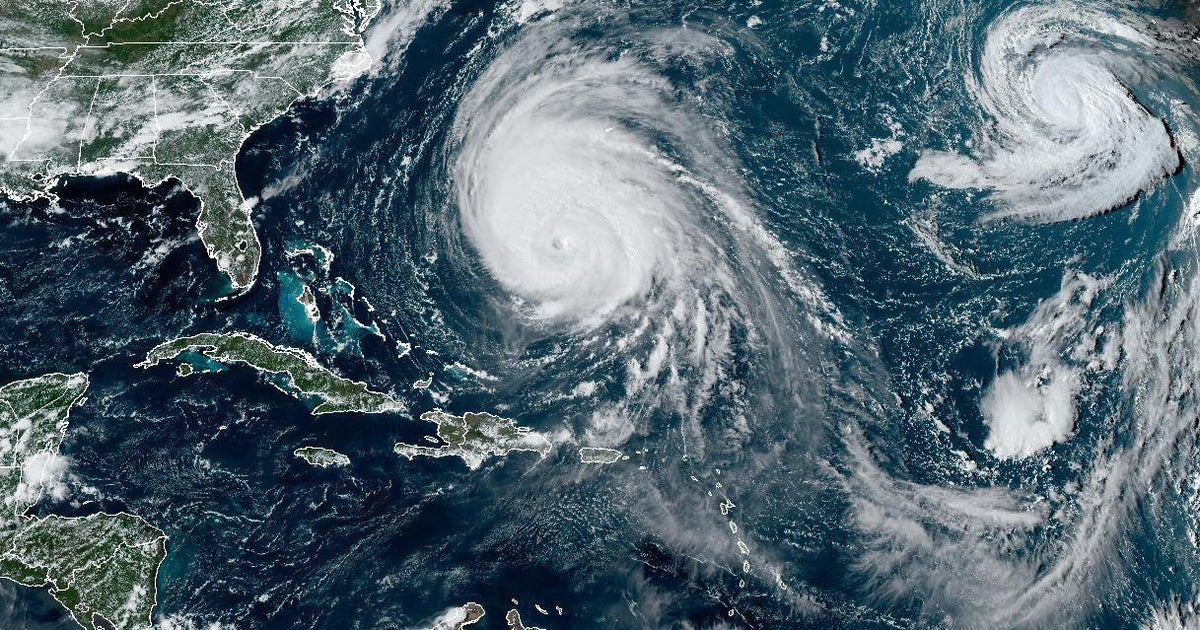
Record ocean temperatures could lead to "explosive hurricane season," meteorologist says
CBSN
Rising air and ocean temperatures around the world could set the stage for an "explosive hurricane season," Weather Channel meteorologist Stephanie Abrams told "CBS Mornings" on Tuesday.
In February, the average global sea surface temperature was the highest ever recorded, at 69.9 degrees. It's a trend that's picking up steam, especially in the Arctic, where temperatures are warming the fastest, causing the region to lose its ice. Researchers from the University of Colorado say that by the 2030s, the Arctic could have less than 400,000 square miles of ice coverage at times — just a quarter of today's coverage.
Closer to home, ocean temperatures in the North Atlantic are much warmer than usual. In the North Atlantic basin, the current average temperature is slightly above 68 degrees, which is more typical of May. It's been the warmest start to the year on record.

Santa Fe, New Mexico — A representative for the estate of actor Gene Hackman is seeking to block the public release of autopsy and investigative reports, especially photographs and police body-camera video related to the recent deaths of Hackman and wife Betsy Arakawa after their partially mummified bodies were discovered at their New Mexico home in February.

In the past year, over 135 million passengers traveled to the U.S. from other countries. To infectious disease experts, that represents 135 million chances for an outbreak to begin. To identify and stop the next potential pandemic, government disease detectives have been discreetly searching for viral pathogens in wastewater from airplanes. Experts are worried that these efforts may not be enough.











